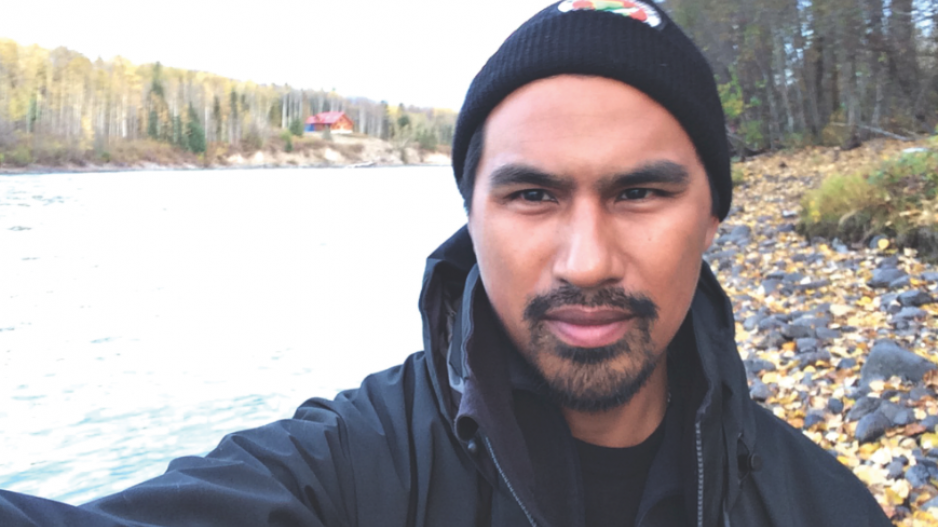Walking his dog by Langara College in the mid-1990s, James Reyes couldn’t help but notice the computers lining the windows of one of the classrooms. He was instantly hooked.
“Early on, I was just curious about how the Internet worked, how email worked,” recalled The Active Network vice-president.
“I watched a couple movies growing up like Sneakers, like Hackers, and I’m like, ‘I need to know what’s going on here.’”
He dropped his biomedical engineering studies at the British Columbia Institute of Technology and transferred to Langara to hone his technical skills before earning a bachelor’s degree in commerce at Concordia University.
After landing an entry-level job at The Active Network in 2002, Reyes scaled up the corporate ladder over the next 12 years – a rare feat in an age where people rarely stick it out with the same company for life.
“I had relationships with the right people that helped my career here, that’s really what it came down to,” he said.
Before helping to boost annual revenue from $28 million to $49 million as the head of strategy and business development, Reyes started off testing The Active Network’s software in a quality-assurance position.
As he climbed to an executive position, he recalled sometimes being met with skepticism by peers at the company.
“One of my biggest challenges in any of the roles I have had was to be a sales manager of a sales team without ever having sold,” Reyes said. “At the end of the day I reverted back to the skills and the approach I relied on in the past.”
That meant reminding himself not to be afraid to fail while constantly pushing to earn his team’s respect.
“I got on the phone with them and kind of fought the battle with them shoulder to shoulder versus from a command post.”
Just as he sought out mentors as he was rising through the ranks, Reyes said part of how he judges his own success is by looking at those he guided early in their careers. That means setting time aside to coach people one on one.
“There’s not enough of that going on in the workplace. Like real, honest, direct feedback.”




